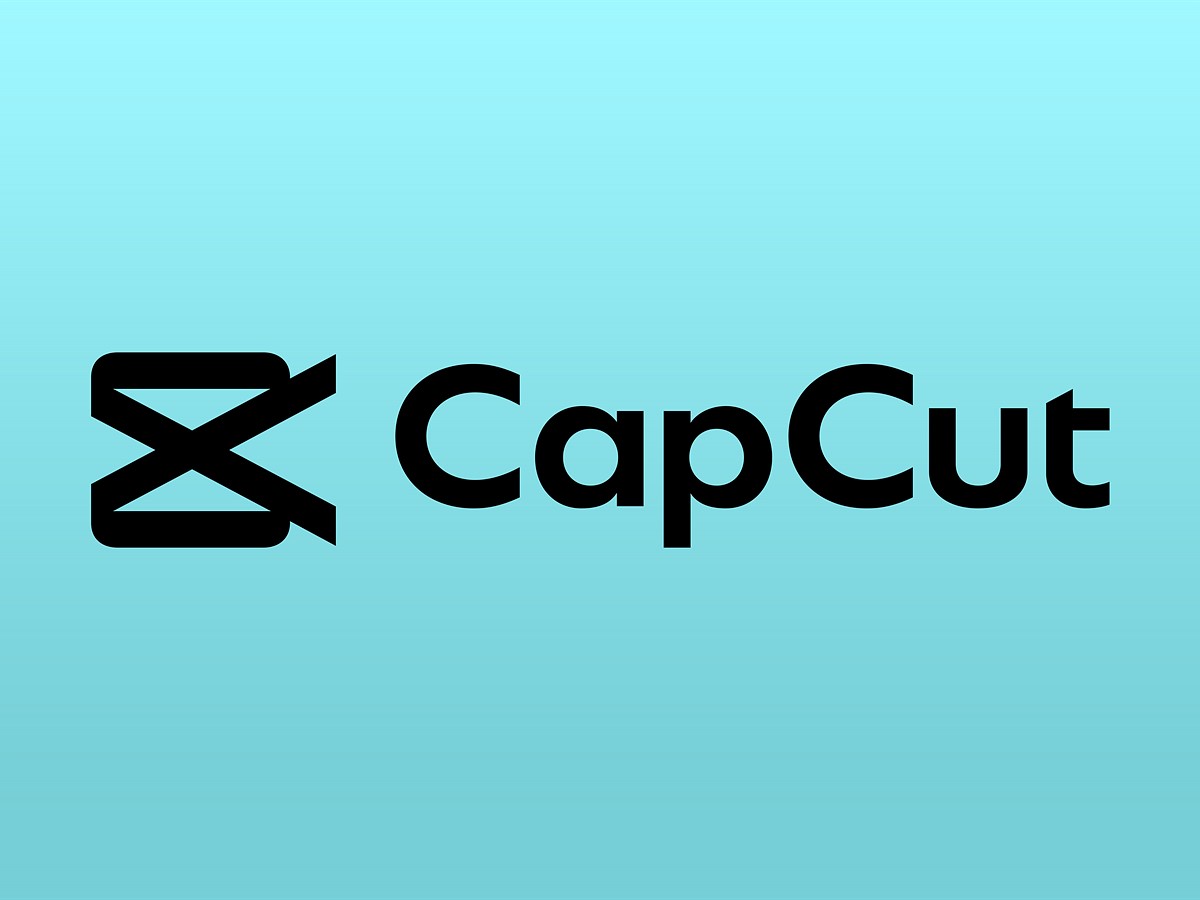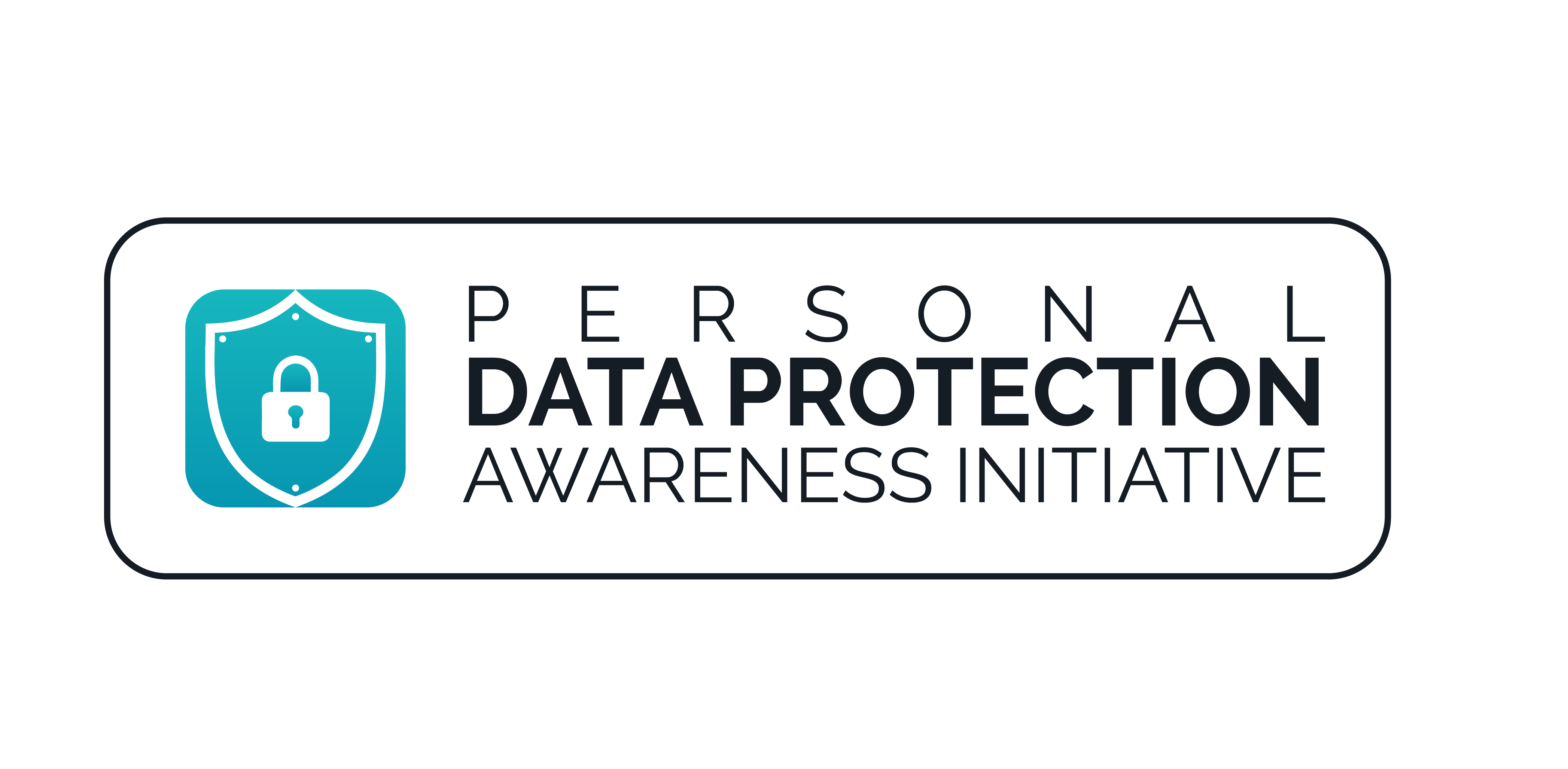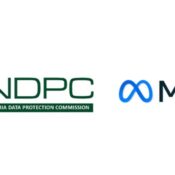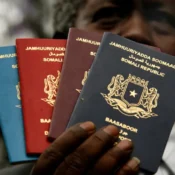
Why We Never Read Privacy Policies: The Case of CapCut and What It Means for Nigerians
In this hyper-connected world, personal data has quietly become one of the most valuable commodities. Every app we download, every service we use, and every website we visit often comes with a hidden cost-our personal information. Despite the growing global concern over data privacy, a curious trend continues to persist. Most people simply do not read privacy policies. This behavior is not just a harmless habit but a cultural pattern with significant consequences, especially for Nigerians navigating an increasingly digital society.
The decision to ignore privacy policies is often subconscious. Most users are eager to get started with an app or service, and the long walls of legal text in privacy policies feel like a barrier rather than a gateway to understanding their rights. In Nigeria, where digital literacy is still developing, this disregard is even more pronounced. People routinely click “Accept” without realizing they are entering into legally binding agreements that dictate how their personal data can be used, shared, and stored. These agreements are not mere formalities; they are contracts that affect everything from our online behavior to our real-life privacy.
A vivid example of this oversight can be seen in the case of CapCut, a video editing application that has exploded in popularity among Nigerian creators, influencers, and social media enthusiasts. Owned by ByteDance, CapCut offers an array of creative tools that appeal to both amateur and professional content makers. But beneath the surface of its sleek interface lies a complex and far-reaching data collection mechanism that many users have unknowingly agreed to.
CapCut’s terms of service and privacy policy reveal just how much access the app has to users’ personal information. It collects a wide range of data, including device identifiers, IP addresses, location data, browsing activity, and in some instances, biometric information. The app also reserves the right to share this data with affiliated companies and third-party service providers across multiple jurisdictions, including countries with less robust data protection laws. Even more troubling, CapCut’s policy grants the company a broad license to use and distribute user-generated content. This means that the videos users create and edit using the app can be utilized by the company for promotional or operational purposes without explicit, ongoing consent.
This raises a red flag, especially in the Nigerian context. Many users are unaware of their rights under the Nigeria Data Protection Act (NDPA), which provides some level of protection for personal data and places responsibilities on data controllers to ensure transparency and accountability. However, in practice, enforcement is still evolving and public awareness remains low. In an environment where terms are not localized, where legal language remains impenetrable, and where regulators are still building capacity, the risk of exploitation is high.
There’s also a deeper cultural issue at play. In Nigeria, privacy is not yet a mainstream concern in the way it is in some other parts of the world. Many people associate privacy with secrecy rather than as a right to control how their information is used. The widespread culture of openness, where people post intimate details online without much thought, contributes to a general apathy toward privacy matters. Moreover, there is a significant trust gap. People assume that apps are harmless because they are widely used and endorsed by peers. This mentality reinforces a dangerous cycle. Hence, the more popular an app becomes, the less people feel the need to question its privacy practices.
This kind of digital complacency has long-term implications. Personal data, when collected at scale, becomes a powerful tool. It can be used to profile users, influence behavior, train artificial intelligence models, and drive targeted advertising. In countries like Nigeria, where regulatory oversight is still maturing and digital infrastructure is rapidly expanding, the misuse of such data could undermine national security, economic autonomy, and individual freedoms. The problem is no longer just about what users consent to in the moment, it is about what they may unknowingly enable in the future.
Changing this culture will not be easy, but it is necessary. App developers must take responsibility for simplifying privacy policies and presenting them in clear, accessible formats. Legal language should not be a tool to confuse users but a vehicle for empowerment. Regulators in Nigeria must do more to enforce transparency, ensuring that international platforms comply with local data protection standards and that users are informed in meaningful ways. At the same time, privacy education must become part of our everyday learning, whether in schools, religious gatherings, or social platforms. Nigerians need to begin seeing data privacy not as a luxury or foreign concept but as a practical tool for protecting themselves and their communities.
It is also important for civil society, media houses, and privacy advocates to drive public conversations that make privacy relatable. Telling stories about what can go wrong when data is misused, using local language and examples, can help demystify the topic and build a more privacy-conscious culture.
In conclusion, the culture of skipping privacy policies may seem trivial, but it is a symptom of a larger issue. CapCut is just one example, but it represents a larger pattern of digital behavior that puts users at risk. For Nigerians to fully benefit from the digital economy, there must be a cultural shift, the one that embraces curiosity, demands clarity, and values privacy as a fundamental right.
Until then, every “I Agree” remains a silent surrender of control.



